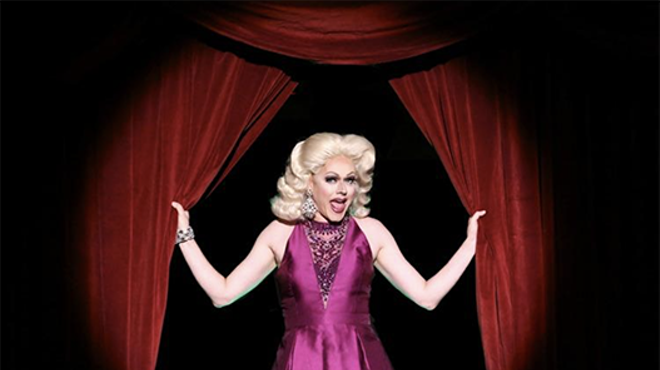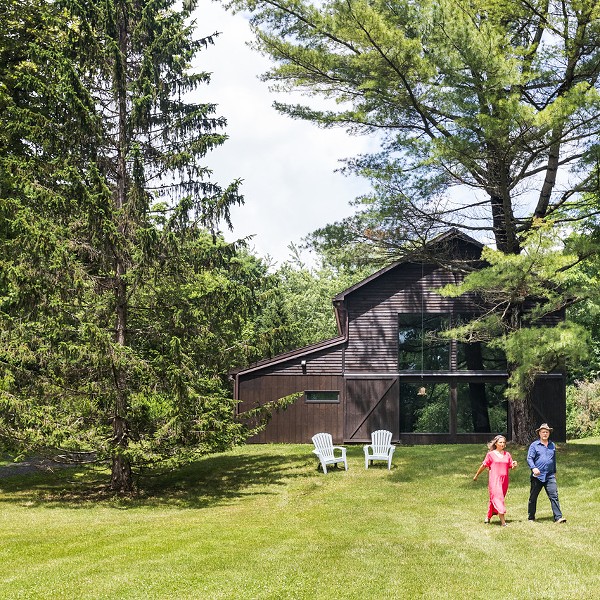and your belly by my need
perhaps i can go on
—p
Unfair to Apes
An animal named Tommy called me on the phone screaming that I ordered a storm window for the closet. I did not order a storm window. I told him to get me a price on a storm window that I would order only if it was cheap enough since I could get the handyman who was anyway building me a shelf in the bedroom to just nail a board or something over the window so the cold air wouldn’t blow in whenever I opened the closet door. Whoever heard of a window in a closet? But that’s beside the point. The point is that Tommy acted like an animal and I use the word “animal” loosely because I know I am using it in a context that is unfair to animals which I, in general, like—though I didn’t like the squirrel that tore apart my favorite succulent and for what? Bugs to eat? If Tommy had been a little guy, perhaps him screaming at me wouldn’t have been as horrifying as it was, but imagining this muscle-bound ape coming at me through the phone, as though he could squeeze his square body through the instrument, was even scarier to me than the night a year ago when I heard a terrific crash outside my house and imagined kids throwing rocks from a passing car or a big bird like a buzzard falling dead against my front door; imaginings that frightened me less than my discovery next morning that the large planter on my porch had been smashed to bits by a black bear, an animal even stronger and scarier than Tommy.
—Roberta Allen
Mortar
He came home to find
the front door of his house
bricked solid
the mortar
smelled like wet grout
the dental hygienist
puts in your mouth
it hardens
wants to cling to you
when she chivvies it out
the bricks were an
illusion
the door opened like
a mouth and he walked through
nothing had changed
the TV
his wife and two friends
he didn’t want to fuck
he wondered had
he ever
he couldn’t recall
he felt as though enzymes
permeated
his eyes he
began to soften
—Tad Richards
Would We?
After the sun set
and we tired of playing
hide and go seek, I followed
you into the barn where you grabbed
the flashlight, then ran through the cool grass
flashing flickers of light with the fireflies, climbed
the stairs high into your brothers old tree house, where
you searched for those hiding pictures you knew were there.
stiff mildew polaroids under yellowed papers and comic books
And when you found them we marveled, wondering about our own
someday, when we would grow breasts and hair on our bodies...
Would we strip for would-be boyfriends with cameras?
—B law
Home Office
She used to spend her days in offices,
one of the early ones circling the coffee room—
smile not yet erased by daily memos,
interoffice mail, the supervisor’s
peremptory smirk—her dress not creased
by the uneasy seat of her creeping
clerical chair. These mornings became her
constants regular—lifeless as the news.
Now she comes alone to daylight, brews
her own drink, taking care not to make more
than she can consume, careful not to waste.
She works at her own pace, but she’ll tell
you truth—she liked the little frisson she felt
when someone brushed by, hand brushing her rear.
—Bertha Rogers
Forlorn Turtle Verse
I would have cherished the excursion you suggested
Into well-explored wilds
In hunt of elusive poem
For your much-beloved turtles;
Yet the distance between suggestion
And
implementation
Proved too much
As you proceeded at a turtle’s pace,
Attention waning,
Invite stalled,
And I regretfully discovered on my own
Some other author’s chelonian verse,
Written with more authority
Than fate will now allow me to muster.
—Oliver Olive-Eyes Grech

















